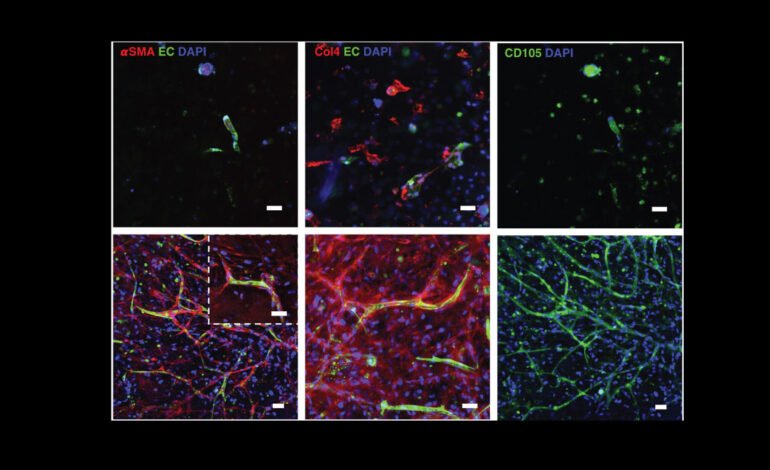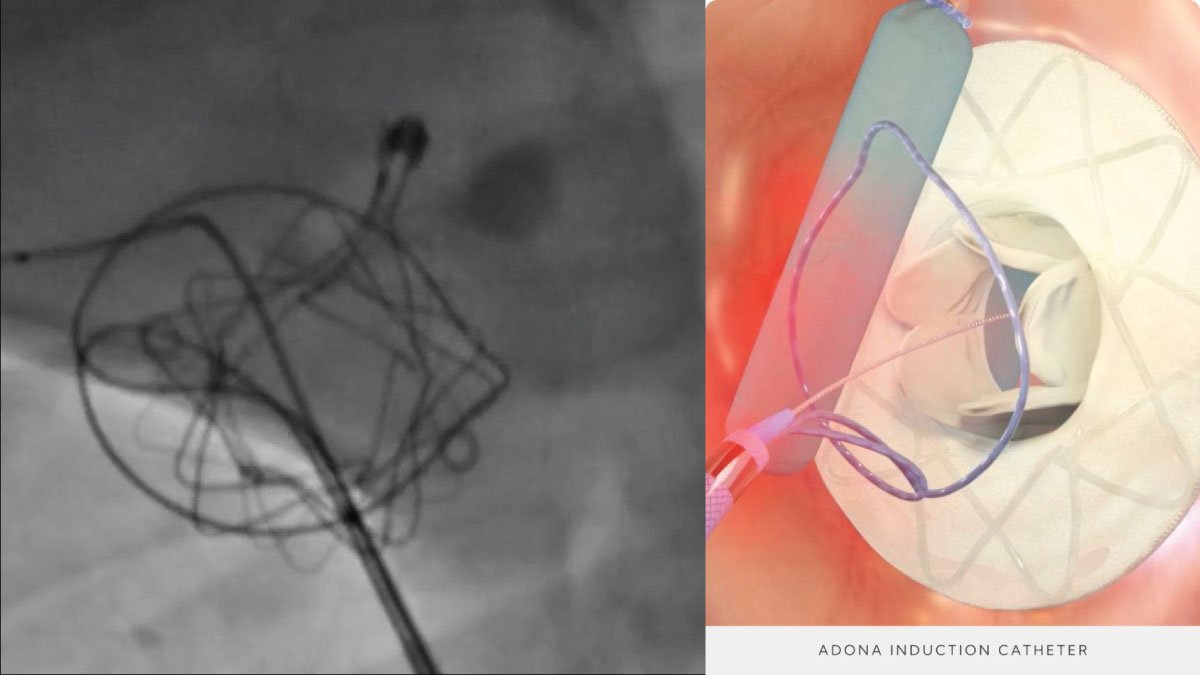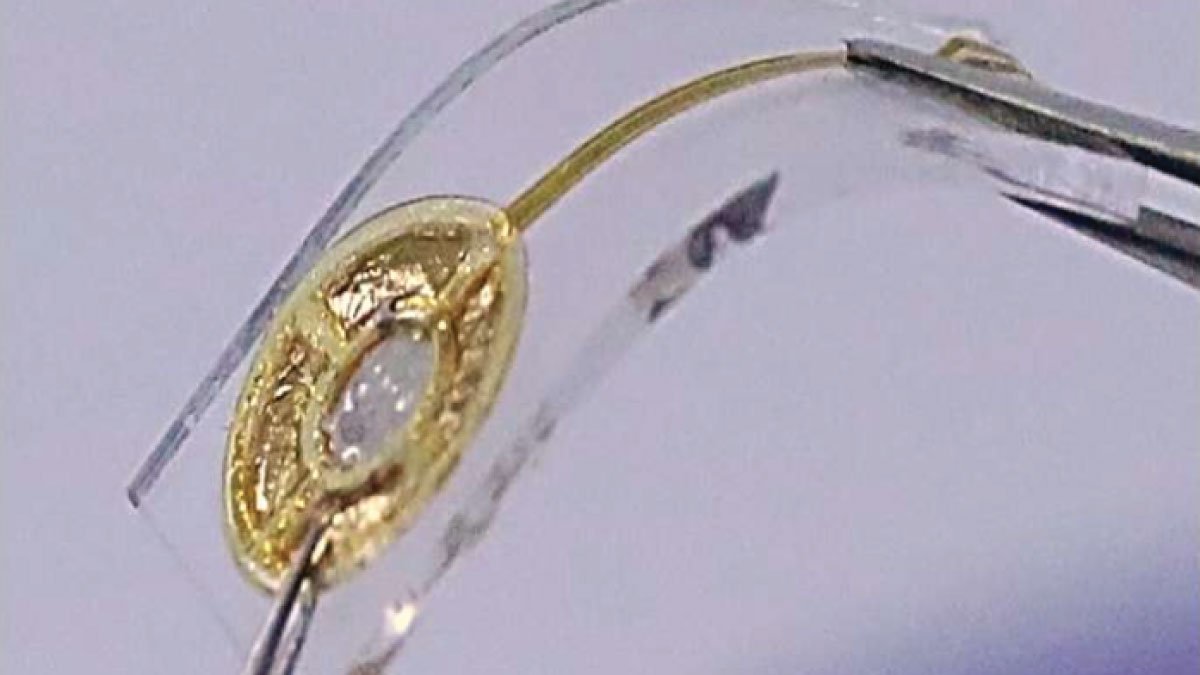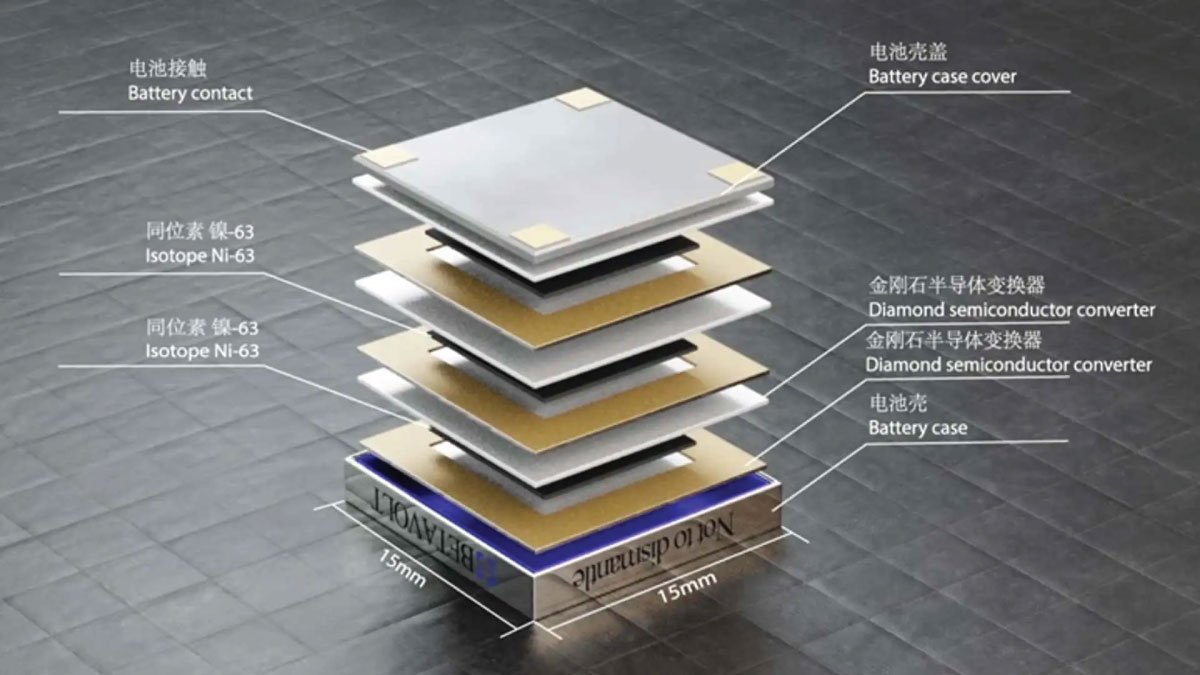Immune Cells in Heart-on-a-Chip Pave the Way for Advanced Vascularization Technology

Recent groundbreaking research opens up new possibilities for personalized medicine and drug testing by demonstrating the critical role immune cells play in improving Heart-on-a-Chip platforms.
Immune Cells Unlock New Potential in Heart-on-a-Chip Technology
Researchers have shown in a ground-breaking study that immune cells are essential to the development of Heart-on-a-Chip technology, a critical breakthrough in biomedical research. By carefully utilizing immune cells, this state-of-the-art platform—which replicates the physiological milieu of the human heart at a micro-scale—has been improved, opening the door to more precise and extended modeling of cardiovascular function.
The study, which was published in the journal Cell Stem Cell, demonstrates the critical role that primitive macrophages—a subset of immune cells—play in facilitating the long-term vascularization of these heart tissues that have been micro-engineered. This development overcomes a major shortcoming of existing Heart-on-a-Chip models, which are unable to sustain the vascular networks necessary to replicate the complex environment of the heart for prolonged periods of time.
Researchers have developed a more stable and functioning model that may be utilized for a range of purposes, from drug testing to cellular research on heart ailments, by introducing immune cells into the Heart-on-a-Chip platforms.
Advantages of Immune-Enhanced Heart-on-a-Chip Technology
- Better Vascularization: Research has demonstrated that the addition of primitive macrophages encourages and maintains the development of vascular networks inside the chip, which resemble the blood arteries essential to the heart’s operation. As a result, the microenvironment of the heart is represented more accurately.
- Longer-Lasting Models: The short lifespan of the models in organ-on-a-chip technology has been one of the biggest obstacles. These Heart-on-a-Chip systems may now operate more successfully for longer periods of time, providing more dependable data for research and testing, thanks to the improved vascularization supplied by immune cells.
- Enhanced Drug Testing: More extended and precise drug testing is made possible by the body’s capacity to sustain a steady vascular network throughout time. Now, pharmaceutical companies may use these sophisticated models to more accurately forecast how new medications will impact the human heart, decreasing the need for animal research and raising the possibility that clinical trials will be successful.
- Uses for Personalized Medicine: Patient-specific Heart-on-a-Chip models could be made possible by these platforms’ expanded capability. By customizing therapies for each patient, these chips could provide a new degree of accuracy in cardiovascular therapy.
Conclusion
The incorporation of immune cells into Heart-on-a-Chip systems represents a major advancement in the science of biomedicine. This invention not only improves the functionality and longevity of these models but also creates new opportunities for drug discovery, disease modeling, and customized therapy by tackling the crucial problem of vascularization. With continued advancements, this technology could revolutionize our understanding and management of heart disorders, improving patient outcomes globally in the process.




















